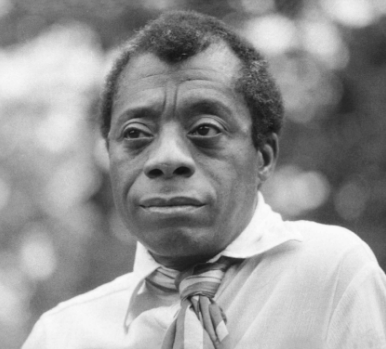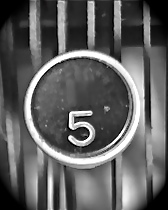LIST: 10 Books Everyone Should Read for Black History Month
/Today is the first day of Black History Month, which is a good time to think about the the rich body of classic African-American books, old and new (even though, yes, it just happens to be the shortest month of the year). The National asked Kimberly Fain, who teaches and writes about African-American literature, to suggest 10 books everyone should read (or re-read) this month. Here is her list:
1. The Classic Slave Narratives (1987), Henry Louis Gates, editor
In the Classic Slave Narratives, each story offers authentic tales of survival, endurance, and determination despite highly unfortunate life circumstances. Gates collects seven complete slave narratives, which are testimonials to human resilience, including two by enslaved women.
2. When I Was a Slave: Memoirs from the Slave Narrative Collection (2002), Norman R. Yetman, editor
In the 1930s, to memorialize slavery from the perspective of former slaves, the Works Progress Administration created the Slave Narrative Collection, thousands of remarkable and illuminating interviews done by WPA workers who were able to interview the last generation of living ex-slaves before they died off, taking their first-hand knowledge of an an evil chapter of American history with them.
3. Southern Horrors and Other Writings: The Anti-Lynching Campaign of Ida B. Wells, 1892-1900 (1996) by Ida B. Wells, Jacqueline Jones Royster, editor
Ida B. Wells was a famous journalist and anti-lynching activist who challenged Americans to face the post-Civil War horrors of American mob violence. This book contains three of her extraordinary first-hand accounts of lynching: Southern Horrors: Lynch Law in All Its Phases, A Red Record, and Mob Rule in New Orleans.
4. Native Son (1940) by Richard Wright
Set in Chicago, Native Son features African-American characters facing inner-city blight and endless despair. When the protagonist, Bigger, kills two women, one White and one Black, his chances of escaping America’s systems of oppression are lost and his fate is sealed.
5. Invisible Man (1952) by Ralph Ellison
Ellison’s Invisible Man features a nameless narrator who is metaphorically invisible in American culture due to his racial heritage. After a scarring experience at a Southern Black College, the narrator is expelled and moves to the North only to face more disappointment and social alienation. A novel that was well-ahead of its time.
6. Go Tell It on the Mountain (1953) by James Baldwin
In this groundbreaking novel, Baldwin unapologetically confronts the Black church and its leadership. As the stepson of a minster, the book’s protagonist comes to terms with his identity, despite the rigidness of his own home life and societal expectations. Another novel that feels remarkably modern, although its two-thirds of a century old.
7. Beloved (1987) by Toni Morrison
Morrison created a masterpiece in this novel about Southern horrors and the haunting nature of slavery. Through the protagonist, Sethe, the reader comes to understand how the brutality of enslavement leaves a psychological and emotional imprint that lasts for generations.
8. The New Jim Crow: Mass Incarceration in the Age of Colorblindness (2010) by Michelle Alexander
Alexander challenges the post-racial notion that racism ended with the election of Barack Obama and the belief by some that justice is colorblind. The War on Drugs and other criminological policies have hurt individual African Americans, imposed harsh deprivations on their family members, and burdened the entire Black community.
9. Underground Railroad (2016) by Colson Whitehead
Whitehead transforms a historical system of passageways and escape routes into literal destination points on an underground railroad. Beneath the ground, conductors and engineers are ready to assist escaped slaves, such as the protagonist, Cora, into territories of freedom. A deeply creative and insightful take on the current African-American condition.
10. The Changeling (2017) by Victor LaValle
LaValle’s protagonist, Apollo, is haunted by nightmares of his absentee father. When his wife, Emma, disappears after committing a terrifying act, Apollo goes on a journey and discovers that his wife and son’s whereabouts are shrouded in magic and mystery. A wonder-filled and wonderful look at African-American life today.
Kimberly Fain is an attorney, and teaches African American literature at Texas Southern University. She has two published books: Colson Whitehead: The Postracial Voice of Contemporary Literature and Black Hollywood: From Butlers to Superheroes, the Changing Role of African American Men in the Movies. Follow her on Twitter at @KimberlyFain



















